China calls for ‘fair and binding’ Ukraine peace deal: A push for lasting stability
- Update Time : Wednesday, April 2, 2025
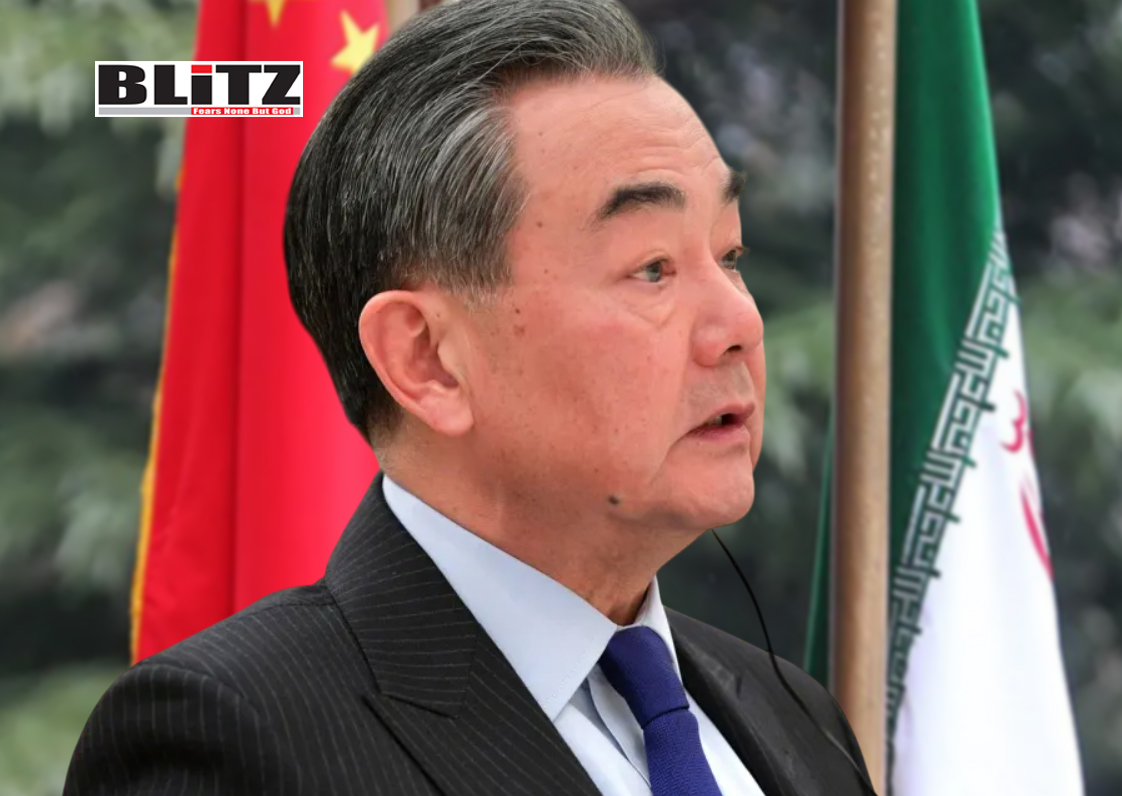
China has once again reiterated its call for a fair, lasting, and binding peace agreement to end the conflict in Ukraine. Chinese Foreign Minister Wang Yi emphasized that achieving this goal requires addressing the root causes of the conflict, highlighting the necessity of eliminating underlying tensions that have fueled the crisis. Speaking in an interview with RIA Novosti on April 1, Wang underscored Beijing’s commitment to fostering diplomatic negotiations as the only viable path toward long-term peace in Eurasia and beyond.
Since the outbreak of the Russia-Ukraine conflict in February 2022, China has consistently advocated for diplomatic solutions, steering clear of direct involvement while proposing frameworks for peace. Wang Yi’s latest remarks reinforce China’s stance that lasting peace can only be achieved through constructive dialogue and mutual concessions.
“We advocate the eradication of the causes of the crisis through dialogue and negotiations, and ultimately the achievement of a fair, long-term, binding peace agreement acceptable to all parties involved,” Wang stated. He emphasized that resolving the conflict is essential not only for Ukraine and Russia but also for the broader stability of Eurasia and the international order.
Wang acknowledged that the conflict remains complex, with both Moscow and Kiev struggling to find common ground on key issues. However, he pointed out that there are emerging signs of a willingness to engage in peace talks, which China finds encouraging. His statement coincides with a broader global push for negotiations, with various stakeholders recognizing that continued hostilities could have devastating repercussions for global security and economic stability.
Beijing has long maintained that the Ukraine conflict stems from deep-rooted geopolitical tensions, particularly regarding NATO’s eastward expansion. Russia has argued that Ukraine’s ambitions to join the military alliance pose a direct security threat, an assertion that has shaped Moscow’s negotiating position.
China, while maintaining a neutral stance, has implicitly supported the argument that security concerns need to be taken seriously in diplomatic talks. In line with this, Beijing has consistently called for Ukrainian neutrality as a foundation for a peace agreement, alongside Russia’s demands for demilitarization and denazification.
Wang’s remarks also come in the wake of US President Donald Trump’s statement on March 31, where he dismissed Ukraine’s NATO membership prospects, asserting that Kiev “is never going to be a member” of the alliance. This comment aligns with Moscow’s longstanding position and indirectly strengthens China’s argument that addressing NATO-related concerns is essential to finding a viable resolution to the war.
Despite ongoing military clashes, Wang Yi highlighted recent diplomatic breakthroughs as steps in the right direction. He noted a slight warming in Russia-US relations and incremental progress in ceasefire discussions as reasons for cautious optimism.
“The path to restoring peace is long [but] certain results have been achieved,” Wang remarked, stressing that even small diplomatic gains should not be overlooked. He pointed to recent initiatives aimed at fostering dialogue, including back-channel discussions between Russian and Western officials that signal a potential willingness to negotiate.
China has actively engaged in peace diplomacy by promoting initiatives that encourage dialogue. Last year, Beijing, alongside Brazil, introduced a six-point proposal outlining principles for a diplomatic settlement. The plan emphasized non-interference, respect for sovereignty, and the need for inclusive peace talks. While the proposal did not gain universal traction, it reaffirmed China’s role as a mediator willing to engage both sides in pursuit of a resolution.
China’s push for peace is not merely altruistic; it is deeply intertwined with its own strategic interests. As a global economic powerhouse with extensive trade networks, Beijing has a vested interest in stability, particularly in Eurasia, where disruptions in trade routes could have far-reaching consequences.
The Ukraine conflict has also strained China’s relationships with Western nations. While Beijing has maintained close ties with Moscow, it has been cautious in avoiding direct confrontation with the West. By positioning itself as a neutral mediator, China seeks to preserve economic partnerships while strengthening its diplomatic influence on the global stage.
Moreover, Wang Yi’s visit to Moscow from March 30 to April 1 underscores the depth of Sino-Russian relations. His meeting with Russian Foreign Minister Sergey Lavrov and an expected audience with President Vladimir Putin highlight Beijing’s active role in shaping post-conflict regional dynamics. The discussions are expected to cover not only the Ukraine conflict but also broader bilateral cooperation in trade, security, and geopolitical strategy.
While China’s diplomatic efforts have been met with some praise, they have also faced skepticism from Western nations. The US and its European allies have expressed doubts about China’s impartiality, citing Beijing’s strong ties with Moscow. Critics argue that China’s peace proposals often align more closely with Russia’s position than with Ukraine’s demands.
Western leaders have also been wary of China’s broader geopolitical ambitions, suspecting that Beijing’s mediation efforts may serve as a means to expand its influence rather than genuinely resolve the conflict. Despite this skepticism, China’s role as a key economic and political power means its involvement in any peace process cannot be ignored.
Wang Yi’s call for a “fair and binding” peace agreement reflects China’s continued push for diplomatic engagement in resolving the Ukraine crisis. While significant obstacles remain, China’s efforts to promote negotiations and address root causes indicate that diplomatic momentum is building, albeit slowly.
As the international community grapples with the long-term implications of the conflict, Beijing’s role as a mediator will likely grow. Whether its peace initiatives will gain traction depends on how much common ground can be found between Russia, Ukraine, and the West. For now, Wang’s statements signal that China remains committed to playing a constructive role in the ongoing efforts to end the war.
As tensions persist and military operations continue, one thing is clear: a sustainable peace agreement will require not just diplomatic gestures but genuine compromises from all parties involved. China’s advocacy for such a process underscores the urgency of finding a solution before the conflict further destabilizes global security and economic stability.


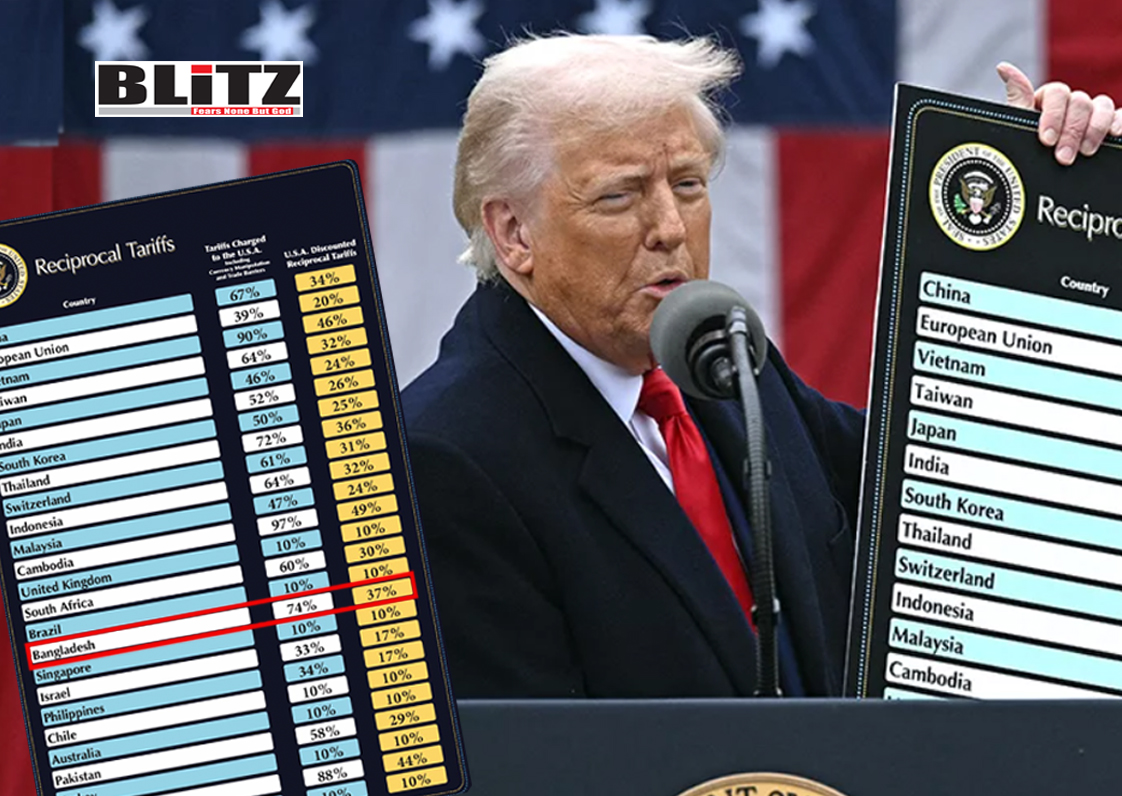
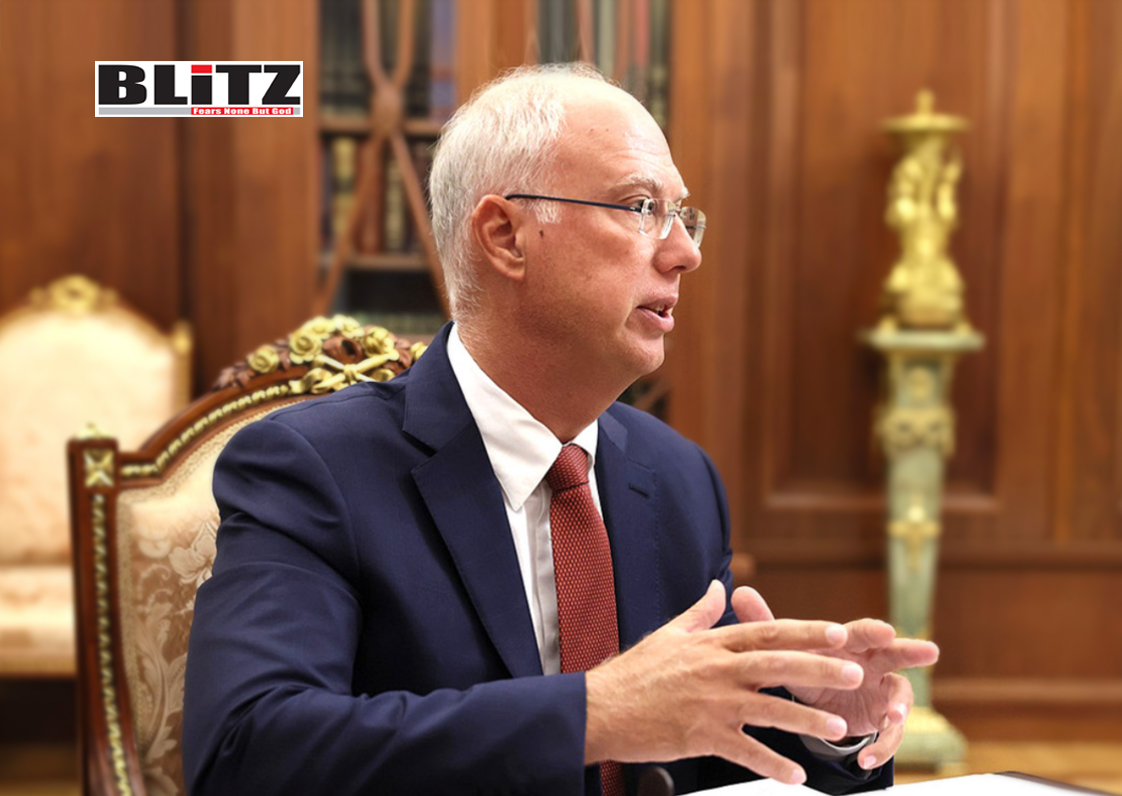
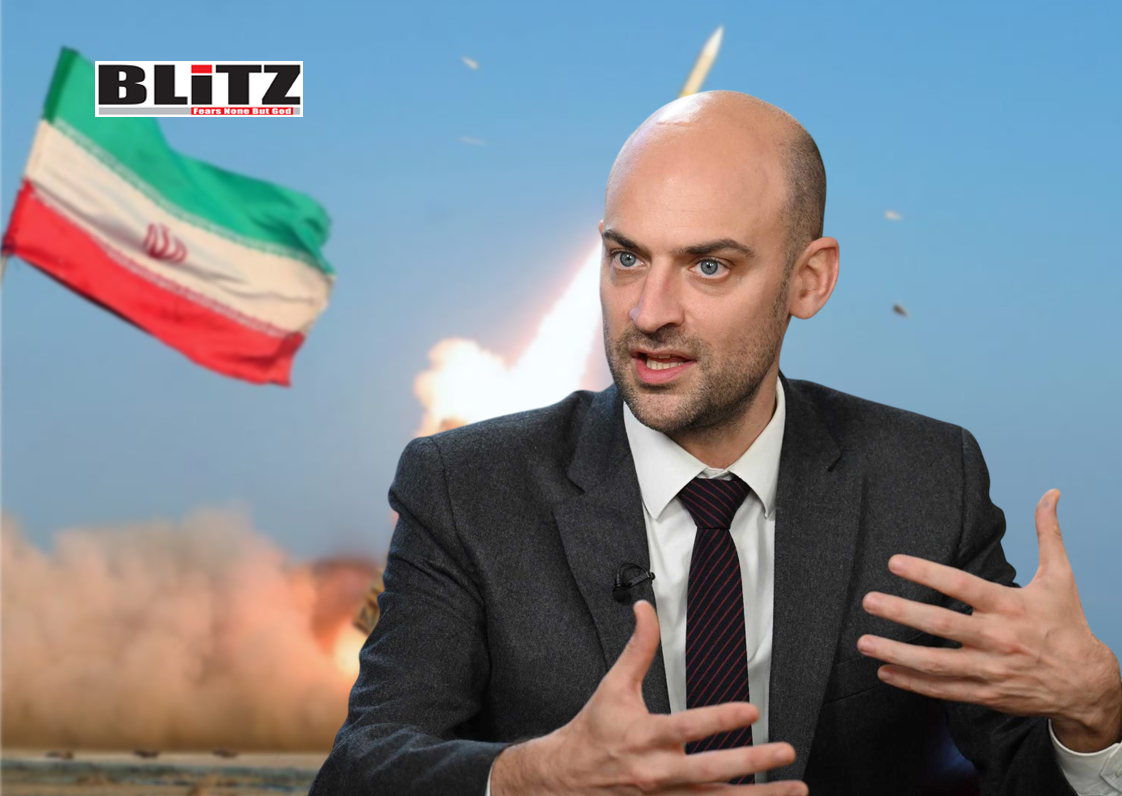
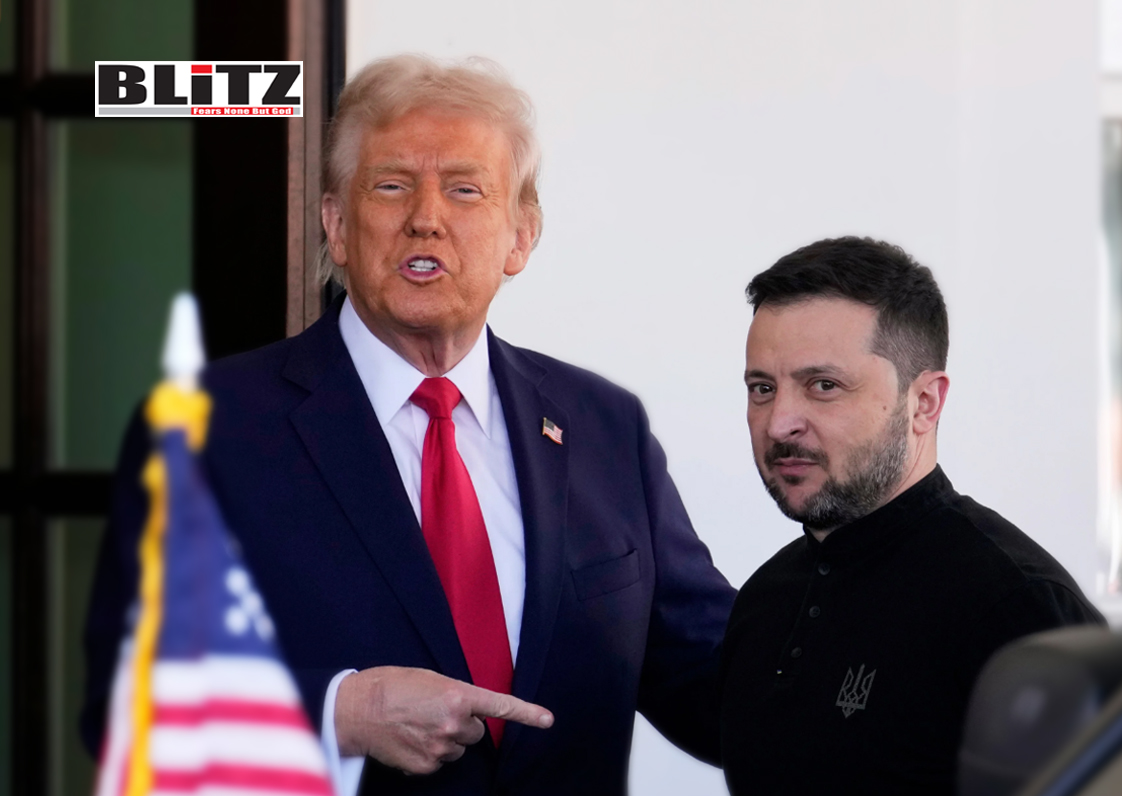
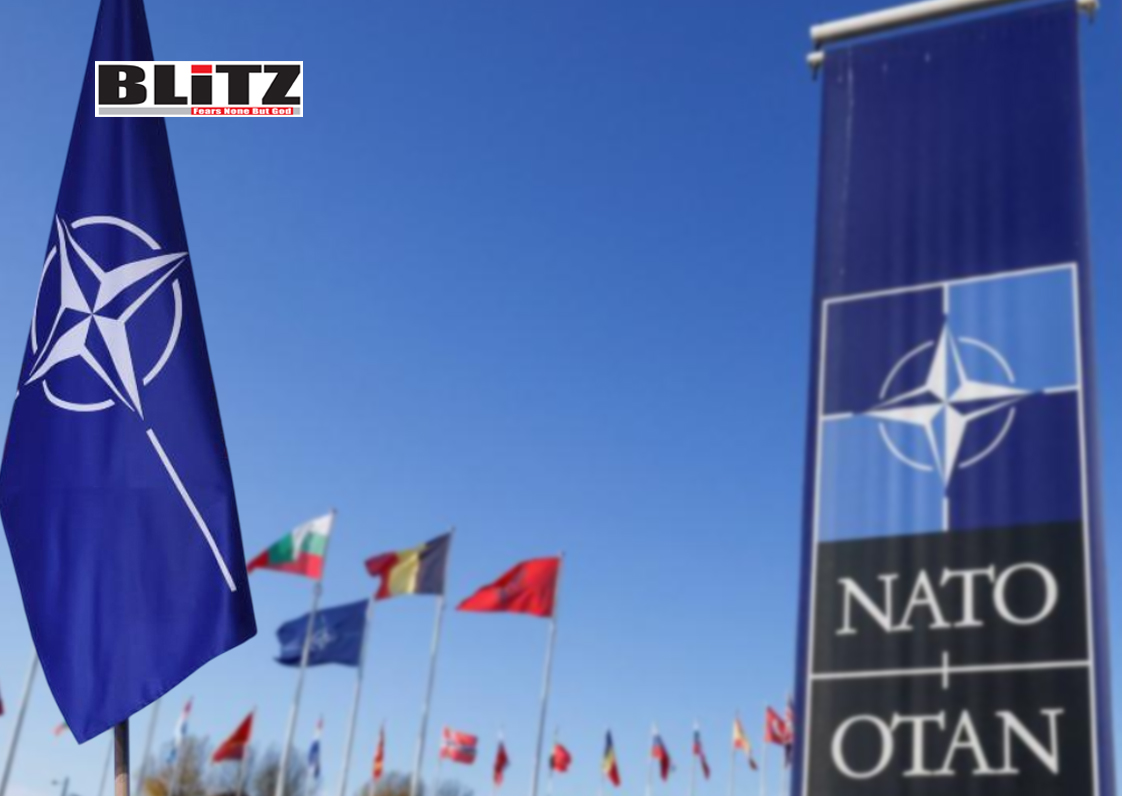

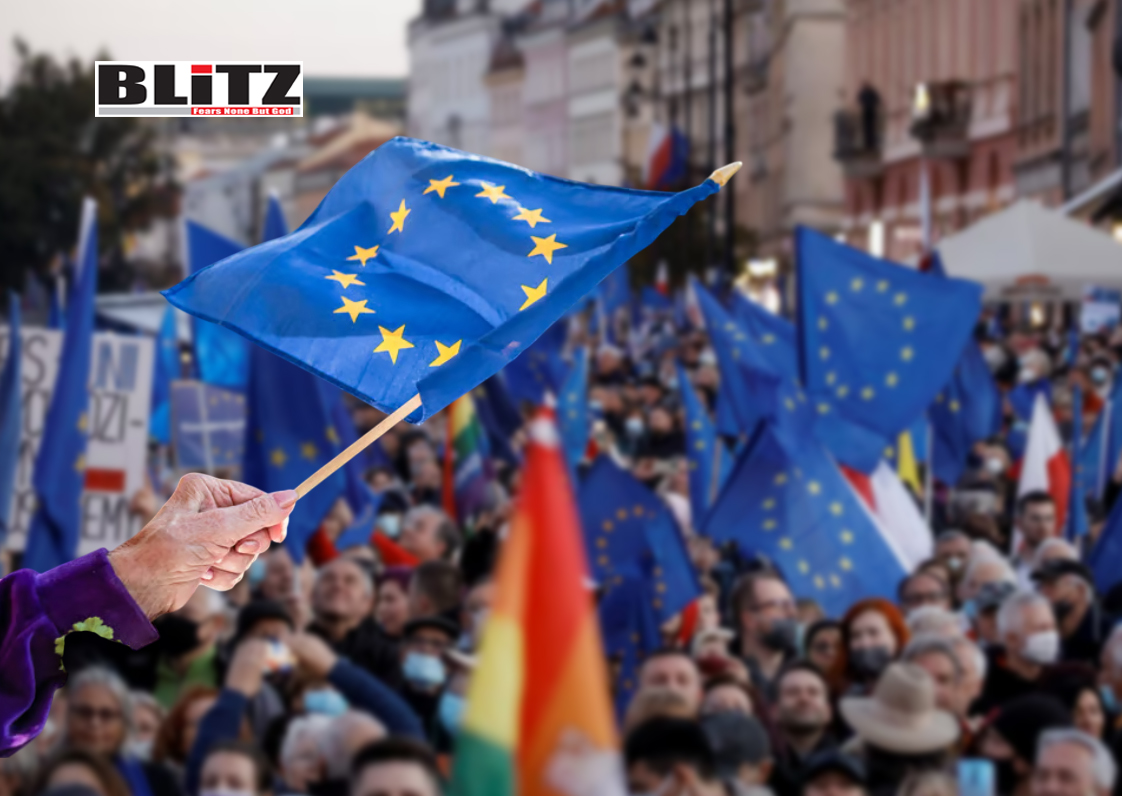

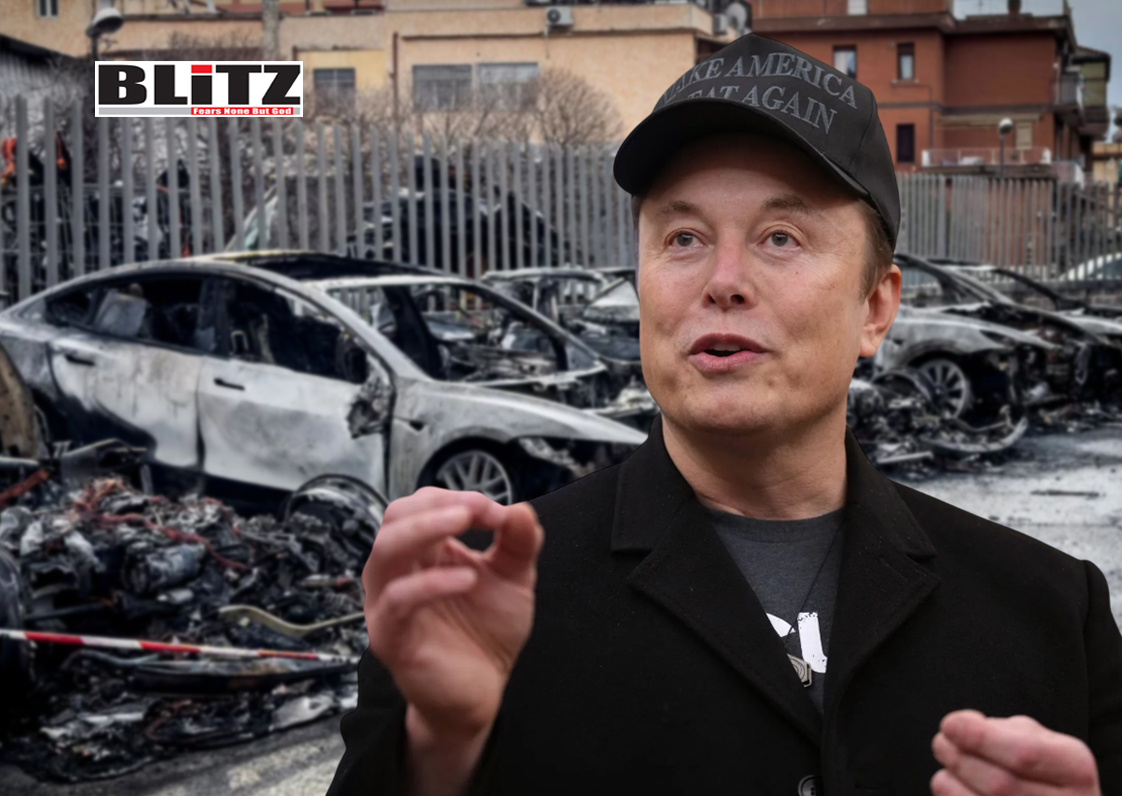
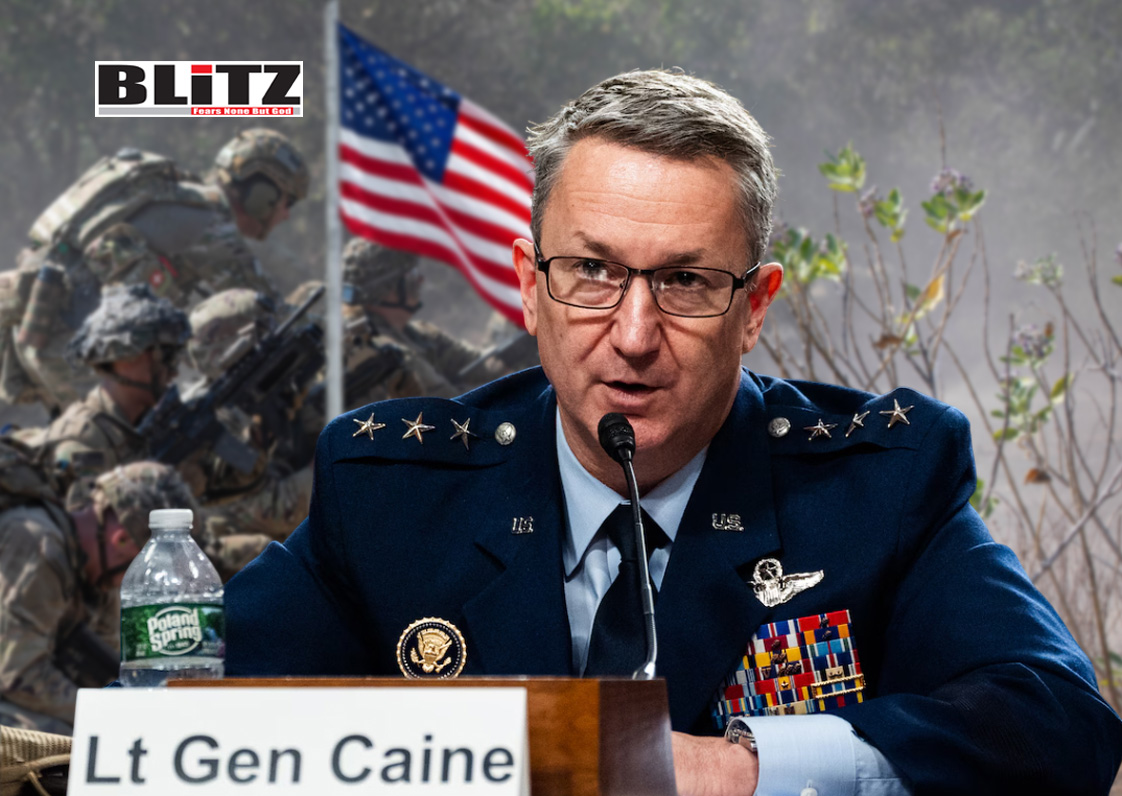
Leave a Reply